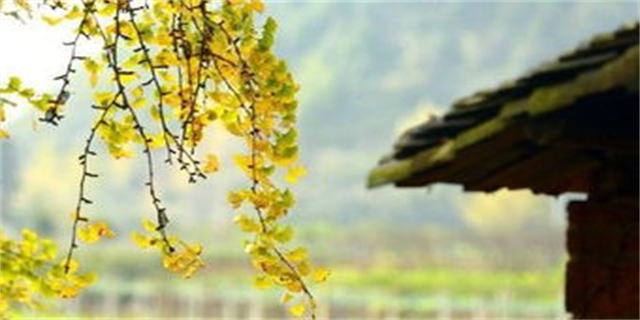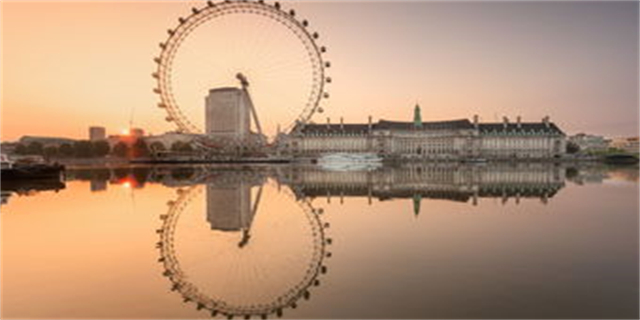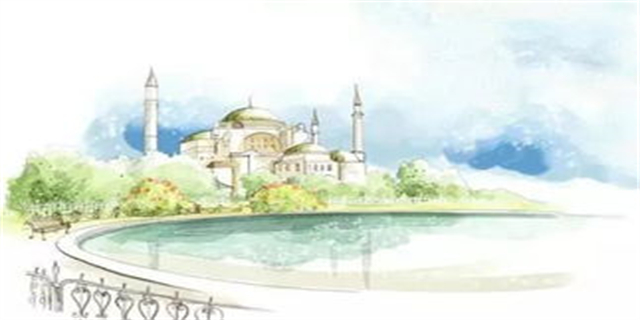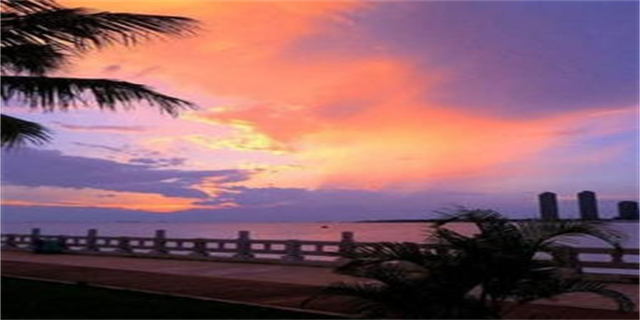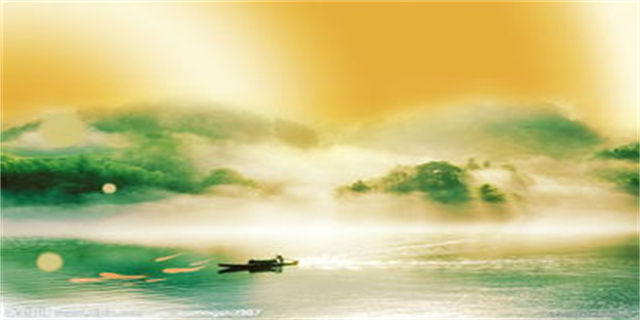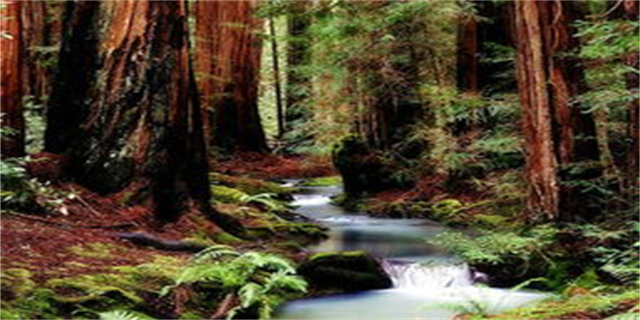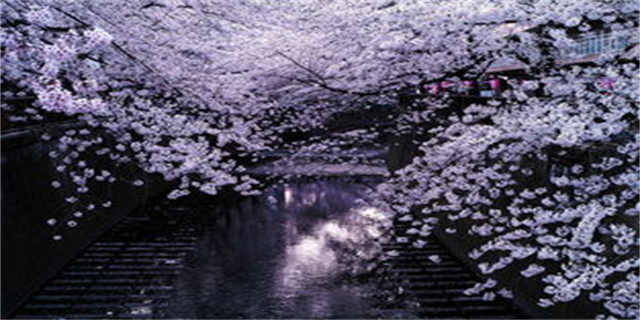discotheque(Discotheque A Place to Dance and Unwind)

Discotheque: A Place to Dance and Unwind
Introduction
A discotheque, commonly known as a disco, is a venue where people gather to dance and enjoy music played by professional DJs. With a vibrant ambiance, pulsating beats, and a throbbing crowd, discotheques have become iconic establishments for avid music lovers and partygoers. This article will delve into the history, elements, and significance of discotheques in modern society.
Evolution of Discotheques

Discotheques first gained popularity in the 1960s and 1970s, with the rise of disco music. Originating from urban clubs in New York City, disco music quickly spread across the United States and eventually worldwide. The discotheque culture emerged as a place where people could unwind, express themselves through dance, and escape the stresses of daily life.
During this era, discotheques became associated with significant social changes, as they provided a space that welcomed diverse communities and promoted equality. They became havens for the LGBTQ+ community, who found acceptance and freedom of expression within the disco music scene. Discotheques symbolized a new era of liberation, breaking barriers between different social groups.
Elements of a Discotheque

A discotheque typically consists of several key elements that contribute to its unique atmosphere. First and foremost is the music. Discotheques play a wide range of music genres, including disco, funk, house, techno, and pop. The beats are carefully selected to keep the crowd energized and the dance floor packed throughout the night.

The lighting and visual effects are also essential components of a discotheque. Strobe lights, lasers, and LED panels create a dazzling spectacle, enhancing the overall sensory experience. These visual elements sync with the music, accentuating the rhythm and immersing the crowd in a surreal environment.
Furthermore, the dance floor itself is a crucial element. Its design and layout are carefully planned to accommodate a large number of dancers and create a sense of unity. The discotheque's dance floor acts as the focal point, encouraging people to let loose and embrace the music as a collective force.
Impact of Discotheques
Discotheques have had a profound impact on modern society, extending beyond the realm of entertainment. They have influenced various aspects of popular culture, fashion, and even technology. Disco music, with its infectious beats and catchy melodies, revolutionized the music industry and continues to inspire artists today.
Furthermore, discotheques have played a significant role in shaping dance culture. Dance styles such as the hustle, the robot, and breakdancing originated in discotheques and later cemented their place in mainstream culture. These dance forms not only provide a means of self-expression but also serve as a way to connect with others and form communities.
Moreover, discotheques have been instrumental in promoting social change and equality. They have served as platforms for raising awareness about social issues and fighting discrimination. Disco music became a symbol of unity and celebration, bringing people from different backgrounds together under one roof.
Conclusion
Discotheques continue to thrive as spaces for dance, music, and liberation. These establishments attract people with their infectious vibe, offering a place where individuals can immerse themselves in music and connect with like-minded individuals. From their humble beginnings in the 1960s to their enduring presence today, discotheques have left an indelible mark on the cultural landscape, serving as vibrant reminders of the power of music and unity.
